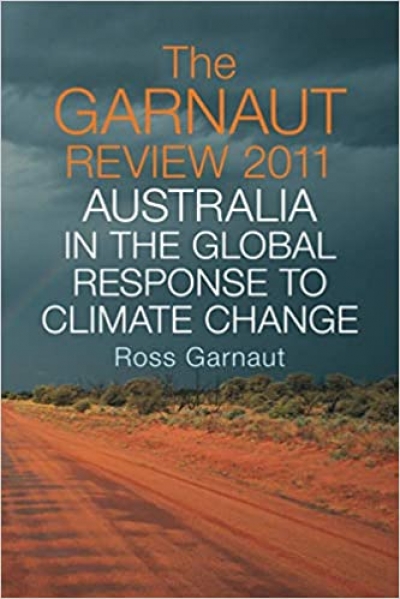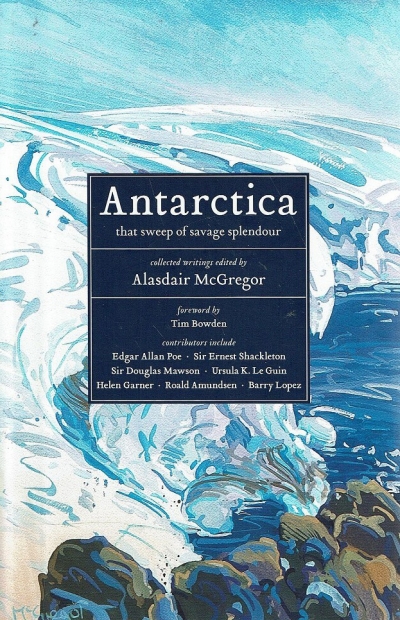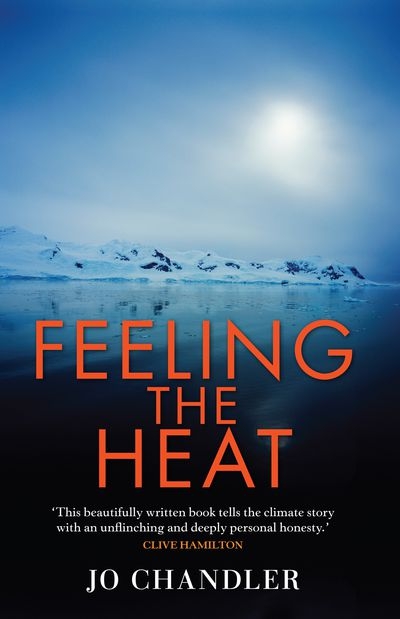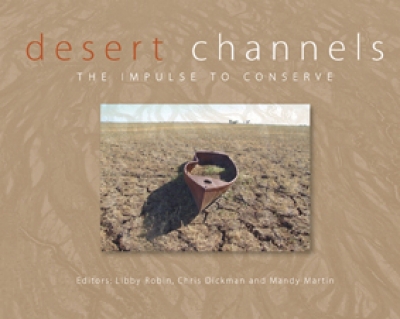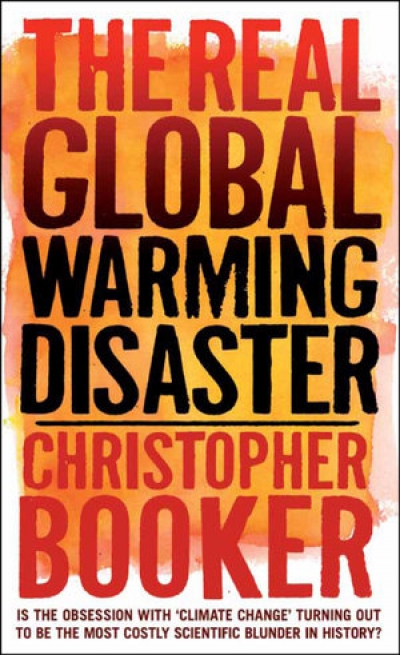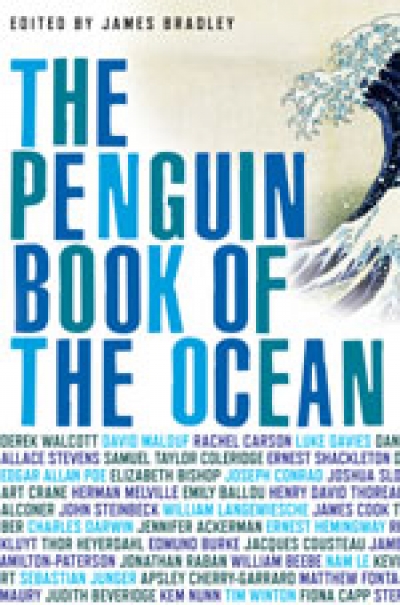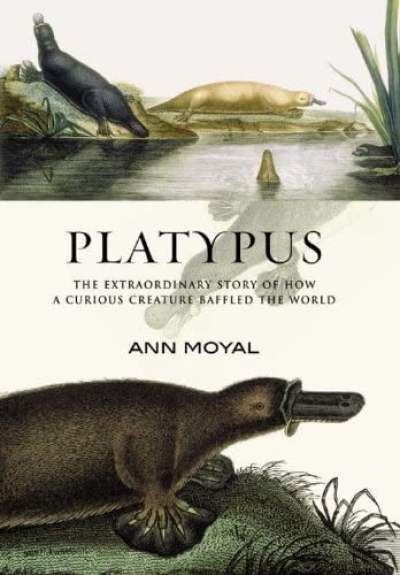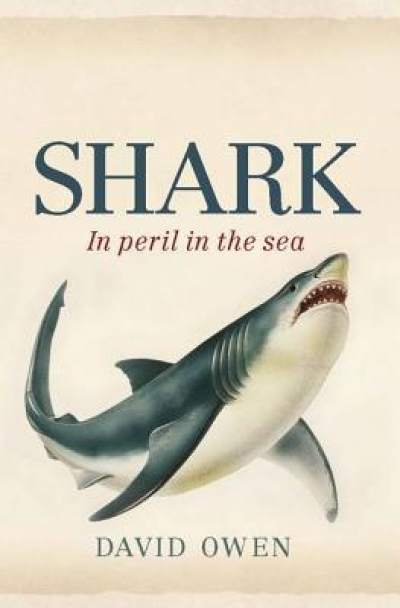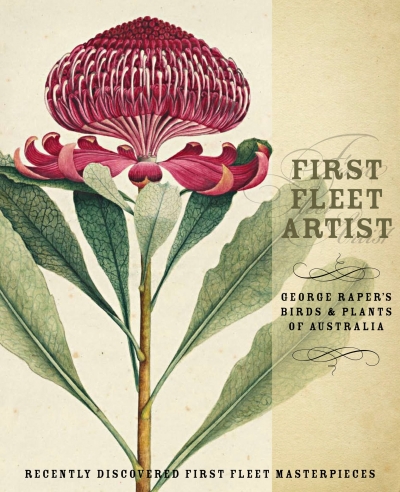Environment and Climate
David Karoly reviews 'The Garnaut Review 2011: Australia in the Global Response to Climate Change' by Ross Garnaut
Climate change is often framed as a number of battles: between science and opinion, sustainable development and economic growth, government control and individual freedom, or environmentalists and business leaders. All of these are simplifications of the complexity involved in our modern world’s developing adequate responses to human-caused climate change.
... (read more)Antarctica: That Sweep of Savage Splendour edited by Alasdair McGregor
Desert Channels: The Impulse to Conserve by Libby Robin, Chris Dickman, and Mandy Martin
Timothy Roberts reviews 'The Real Global Warming Disaster: Is the Obsession with "Climate Change" Turning out To Be the Most Costly Scientific Blunder in History?' by Christopher Booker
Christopher Booker is appalled that humanity has thrown its glimmering record of progress on the pagan bonfire of environmentalist superstition. He is shocked that the scientific community is helplessly in thrall to a cabal of corrupt hacks masquerading under theIntergovernmental Panel on Climate Change’s confected rubric. He is dumbfounded that ‘natural’ climatic fluctuations have been spun into some deranged ‘global warming’ conspiracy theory.
... (read more)First Fleet Artist: George Raper’s birds and plants of Australia by Linda Groom
During a lull in the fiercest weather event the south-east of the continent has seen in thirty years – we call them ‘events’ these days, as though someone’s putting them on – I went out on a Sunday morning and bought myself a book.
I should tell you that we live on an acre in the country one hundred and t ...

